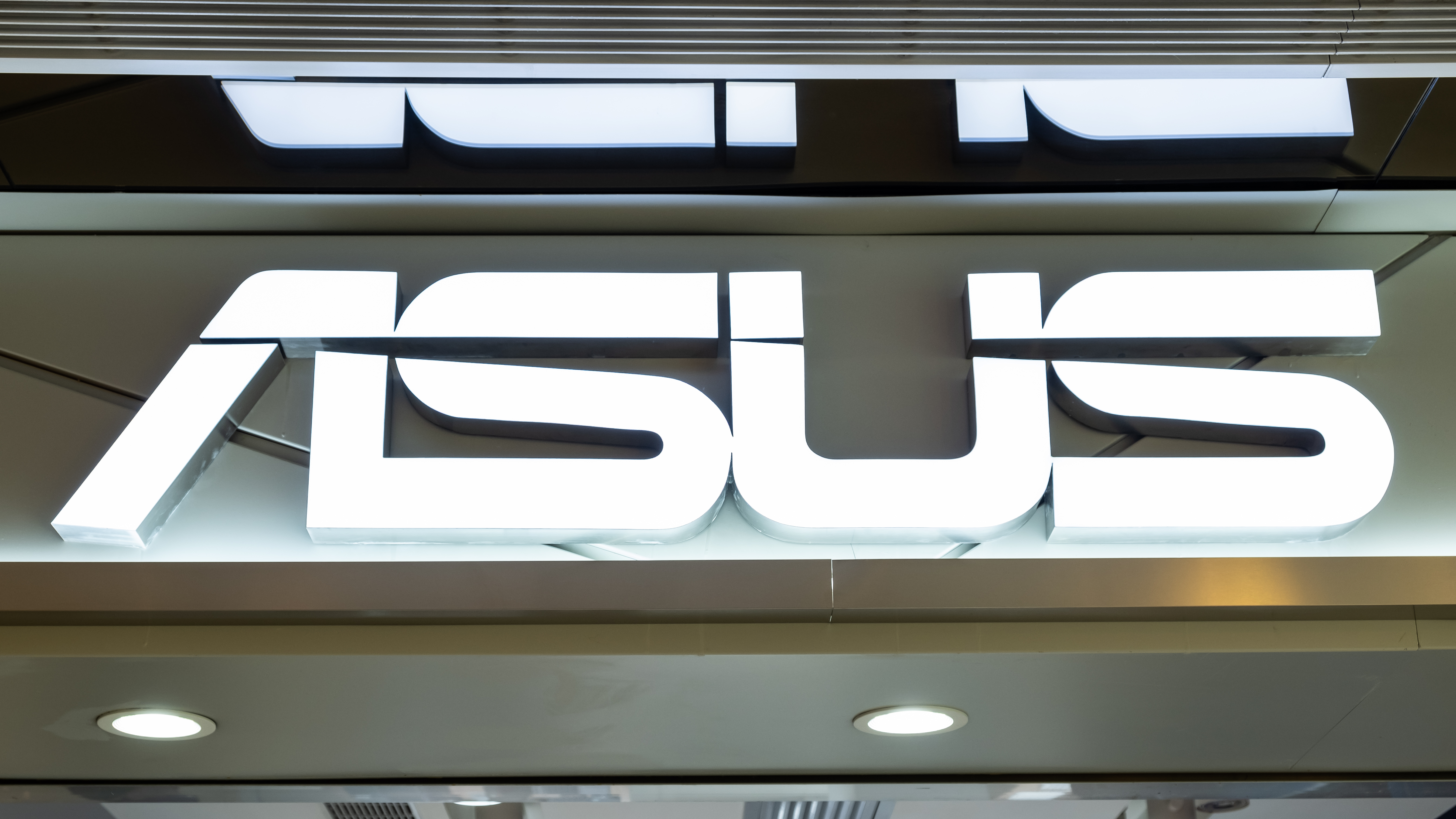Xbox Series X vs. Xbox One: Which Xbox is best for you?
The Xbox Series X is coming — but should you just buy an Xbox One?
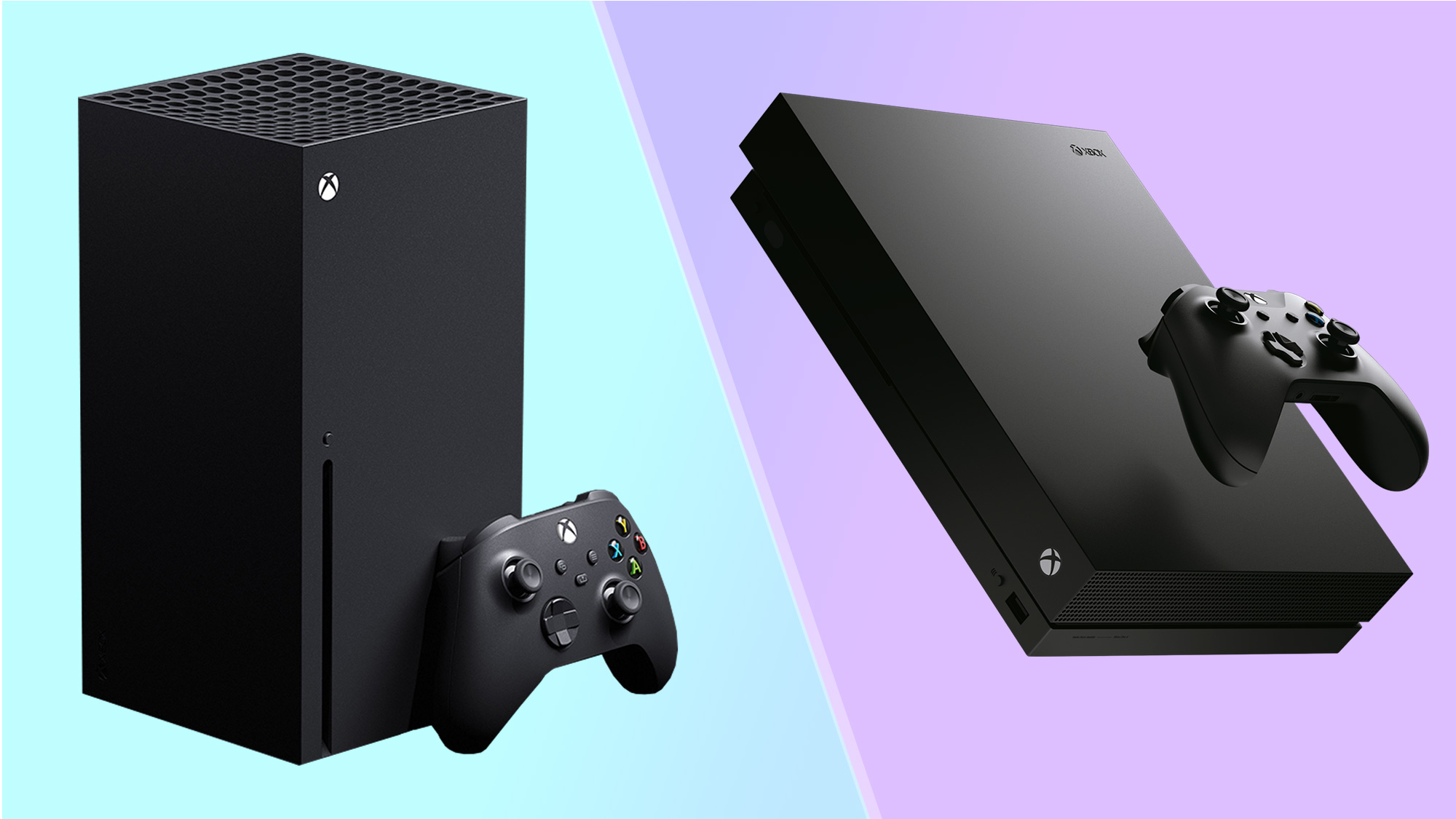
The Xbox One has had a rocky lifecycle, but Microsoft is looking to change its fortunes this next console generation with the Xbox Series X.
The company’s champion for the holiday 2020 hardware gladiator fight against Sony's PS5 is looking strong, thanks to hot features such as ray tracing and 8K support. But with the Xbox One set to get support well beyond the next year, the choice of Xbox Series X vs. Xbox One isn’t a totally obvious one.
- PS5 and Xbox Series X teraflops: What this key spec means for you
- The most anticipated games of 2020
- PS4 vs. PS5: Will it be worth the upgrade?
As it did with 2017's Xbox One X, Microsoft is seemingly banking on the Series X's raw power being enough to win the holidays. And by console standards, the Series X is looking powerful indeed. Since a bit of concrete info is available about the upcoming console, let's start discussing if you should save your pennies for the Xbox Series X or go with the more affordable Xbox One.
Xbox Series X vs. Xbox One: Release date and price
The Xbox One came out in 2013 and has since seen many iterations. There's the $299 Xbox One S, the $249 Xbox One S All-Digital Edition (which has no disc drive), and the $499 Xbox One X. The first two are basically smaller, less expensive variants of the original Xbox One, while the Xbox One X is a more powerful, and more expensive Xbox One that can play games in 4K.
The Xbox One X's power is soon to be dwarfed by the Series X, which is arriving holiday 2020. The One X currently retails at around $500 but has seen many, many sales. It's unlikely Microsoft's going to charge over $500 for the Series X and shoot itself in the foot like Sony did with the PS3's launch price, so you might be wise to pass on a One X if the price gap between the two systems is negligible.
If you want a deal, though, the other models of the Xbox One have had their prices dip south of $200. Still, ponder whether you'll want to drop somewhere between a third to a fifth of the price of an Xbox Series X on old Xbox hardware that's soon to be outdated. Also, factor in that the overwhelming majority of existing Xbox One exclusives are also on PC for dirt cheap, so that's another deterrent against getting one of the current gen systems.
Xbox Series X vs. Xbox One: Design
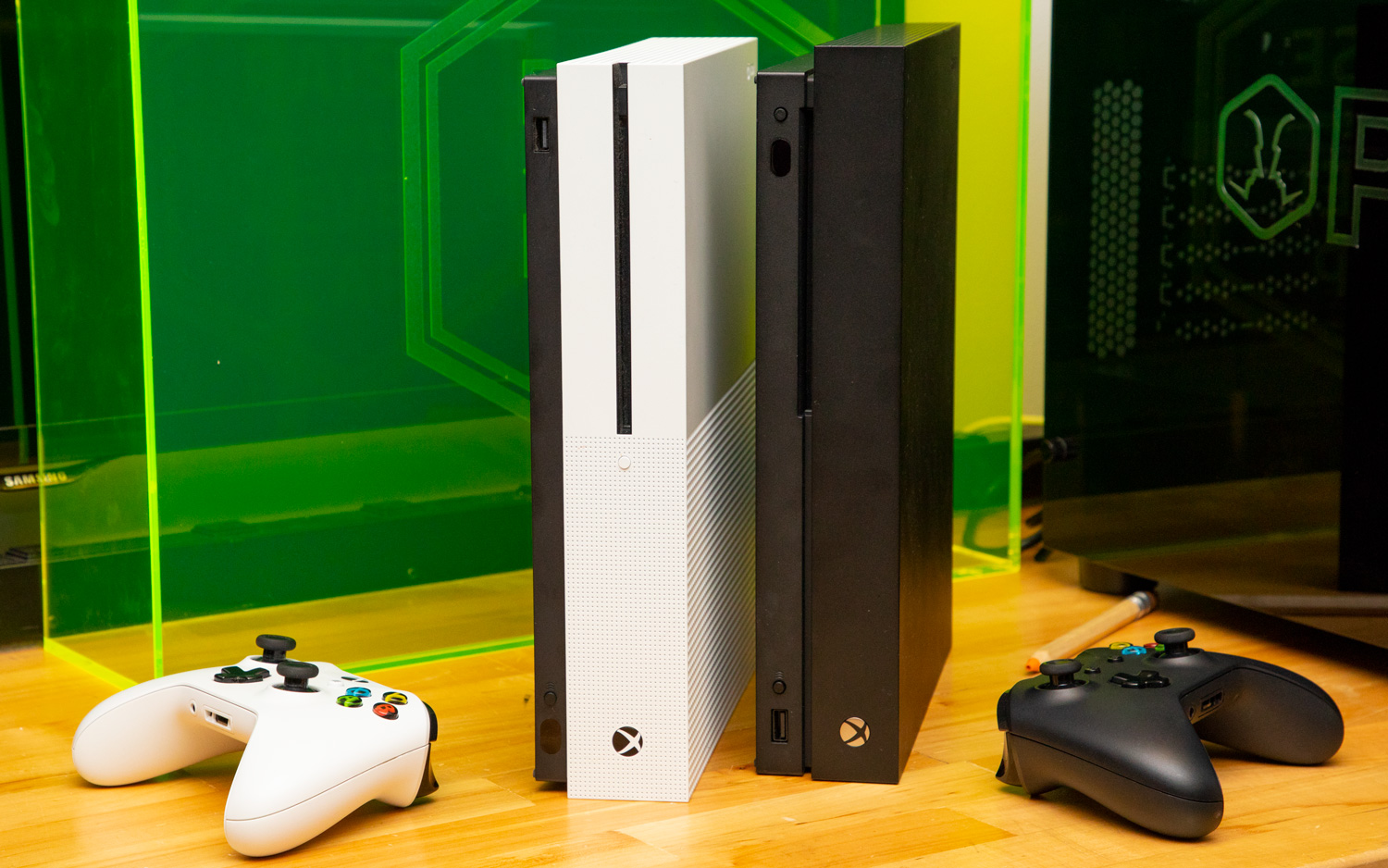
Like the Xbox One, the Xbox Series X will be a box. However, unlike the Xbox One, the Series X will not be shaped like a fat VHS (launch model One) or a tiny VHS (Xbox One S and Xbox One X). Instead, the Xbox Series X will be a rectangular prism that looks a bit like a gaming PC tower and can be positioned either vertically or horizontally to best fit your setup.
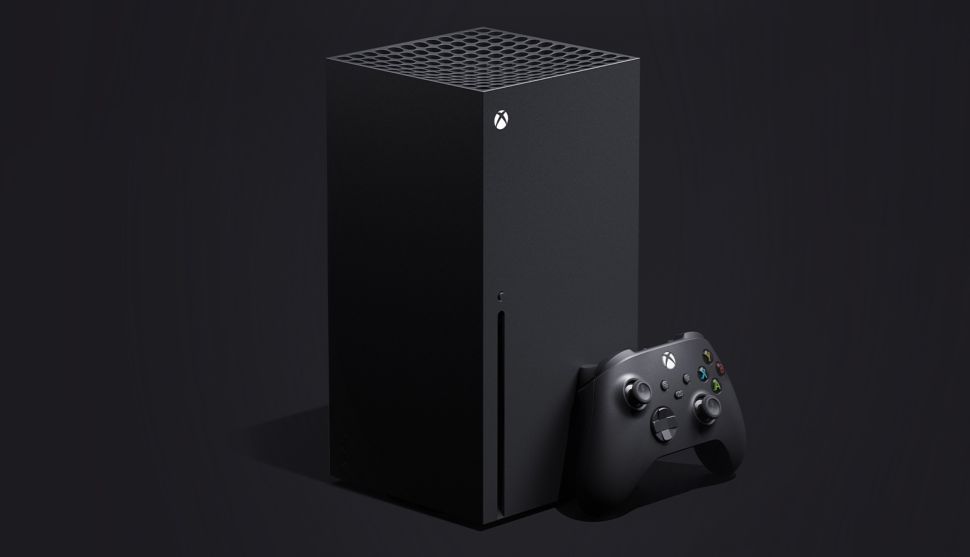
Microsoft has yet to release any hard info regarding the size of the Xbox Series X, so only time will tell if the company has learned its lesson about releasing chunky monkeys like the original Xbox One.
Xbox Series X vs. Xbox One: Specs
The Xbox Series X will have a whopping 12 teraflops of GPU power, a custom AMD Zen 2 CPU, custom NVMe SSD, and GDDR6 memory. What this means for gaming is fast loading times, fancy visual features like ray tracing, better hair animations, 4K resolution gameplay at 60 FPS, as well as support for 8K resolution and 120 FPS gameplay.
Meanwhile, the Xbox One X has only 6 teraflops of power, a custom 2.3-GHz AMD CPU and 12GB of GDDR5 RAM. It's expected that even with superior GDDR6 RAM, the Series X will also have more GB of RAM than the One X. And as for the teraflops, that's just a nerdy way of saying the Series X's performance capabilities will be far greater than the One X.
Remember, the Xbox One X often has to choose between 60 FPS, 4K, or "ultra" graphics settings in games such as Anthem and Hellblade: Senua's Sacrifice. Not to mention, the other Xbox One models aren't even in the 4K/60 FPS race. So, while still observing the law of diminishing returns (do casual gamers really care about 8K or 120FPS?), the Series X's hardware will hopefully help the industry progress technologically, which in itself might be a compelling case to opt for the Series X—to help fund the future.
Xbox Series X vs. Xbox One: Controller
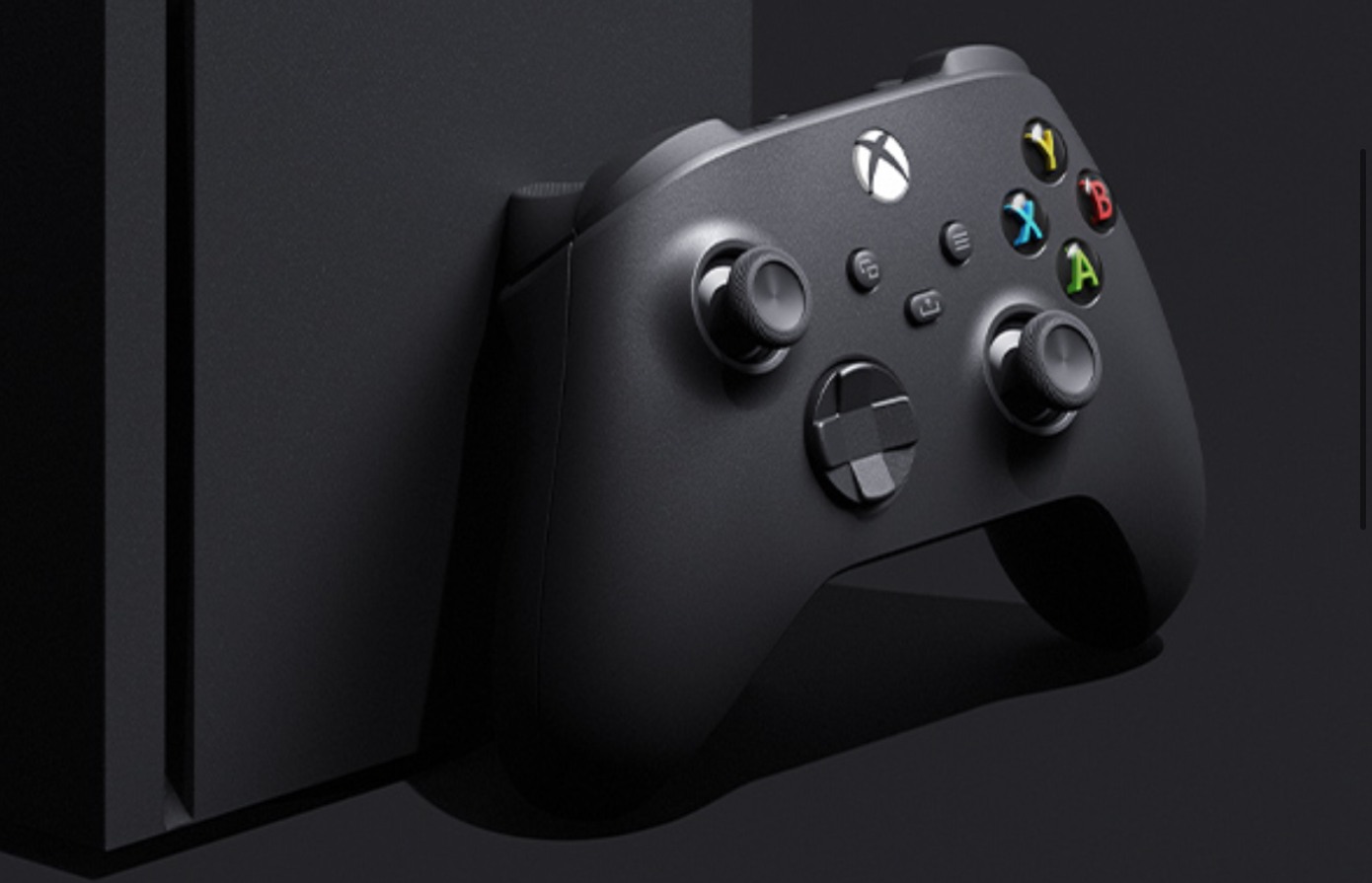
Since the Xbox 360 and Xbox One gamepads look and feel similar, it stands to reason we'll see another incremental evolution with the Series X. The One's gamepad astronomically slimmed down the 360 iteration's design to the point where there's not too much left to shave off the controller, so the Series X's differences might not be as noticeable.
In terms of confirmed changes, we know the new Series X controller will have these elements: a share button, dynamic latency input (DLI) so your inputs sync better with on-screen character movements, and a new "hybrid d-pad."
Xbox Series X vs. Xbox One: Features
The Series X is going to have some neat new features, including "Quick Resume" and "Smart Delivery." Quick resume will allow players to bounce between multiple games on the fly, suspending them in place and returning to them in an instant without being bothered by start-up menus and loading screens.
As for Smart Delivery, this feature ensures that if you buy a game for your Xbox One, the superior version will automatically be available on your Xbox Series X. Microsoft has guaranteed this feature for first-party titles, though it will also be an option for third-party publishers and developers, hence why Cyberpunk 2077 will have smart delivery. In that sense, it's a shared feature between Xbox consoles, much like how backwards compatibility will be available on both systems.
But what about Kinect, you ask? Will the Series X have everyone's favorite motion-sensing peripheral? It seems unlikely Microsoft is going to foist another Kinect upon gamers like it did with the Xbox One at launch. Who knows, though; it's Microsoft. Maybe it’ll have an incredible Kinect 3.0 integrated directly into the box itself, or make the Series X compatible with existing Kinects.
Xbox Series X vs. Xbox One: Games

The Xbox Series X looks to continue the Xbox One's beloved backwards compatibility capabilities, meaning all currently existing backwards compatible games will work on the Series X, as well as all Xbox One games. This means you can play Vanquish on your Xbox Series X, which is a huge get. As far as brand new games go, the Series X will have a few of those, too.
There'll be standard-issue multiplatform games like Ubisoft's upcoming Assassin's Creed title, whatever the next annual Call of Duty is, and probably even The Elder Scrolls VI, if it ever comes out. Confirmed Xbox Series X games such as Outriders and Watch Dogs Legion will also come to Xbox One, so you won’t need to rush out for a next-gen console to play them.
But Microsoft also has some first party games on the way for the Series X, including Senua’s Saga: Hellblade II and Halo Infinite. Hellblade II is slated for "Xbox and PC," which may or may not include the Xbox One. Halo Infinite is coming to the Series X, Xbox One, and PC. So if you want the Series X for true exclusives, you should probably hold out; most Xbox Game Studios games will also come to PC and Xbox One for the foreseeable future.
Xbox Series X vs. Xbox One: Outlook
At the moment, the Xbox Series X looks like little more than a souped up Xbox One X, so if you have an Xbox One, there's not a ton of incentive to upgrade. And if you have a gaming PC, there are no Series X exclusives to tempt you. Still, if you want to enjoy top-of-the-line performance for games like Halo: Infinite and Cyberpunk 2077 and don’t want to invest in an expensive computer, the Series X may be for you.
Microsoft will likely have more surprises in store as the months roll on and the company attempts to build up hype for the new Xbox, so be sure to check Tom's Guide for all the latest news about why the Series X might be worth buying. For now, though, save your cash and just decide on whether to get a cheap Xbox One model or gaming PC to experience the best in Microsoft's game library.
Sign up to get the BEST of Tom's Guide direct to your inbox.
Get instant access to breaking news, the hottest reviews, great deals and helpful tips.
Robert Carnevale is a News Editor at Windows Central. In the past, his work has appeared on other sites, such as Tom's Guide, Tom's Hardware, Laptop Mag, MSN, Wired, Looper, and more. Also an author, he has written a novel, Cold War 2395. He loves Sci-Fi and Sonic The Hedgehog.
